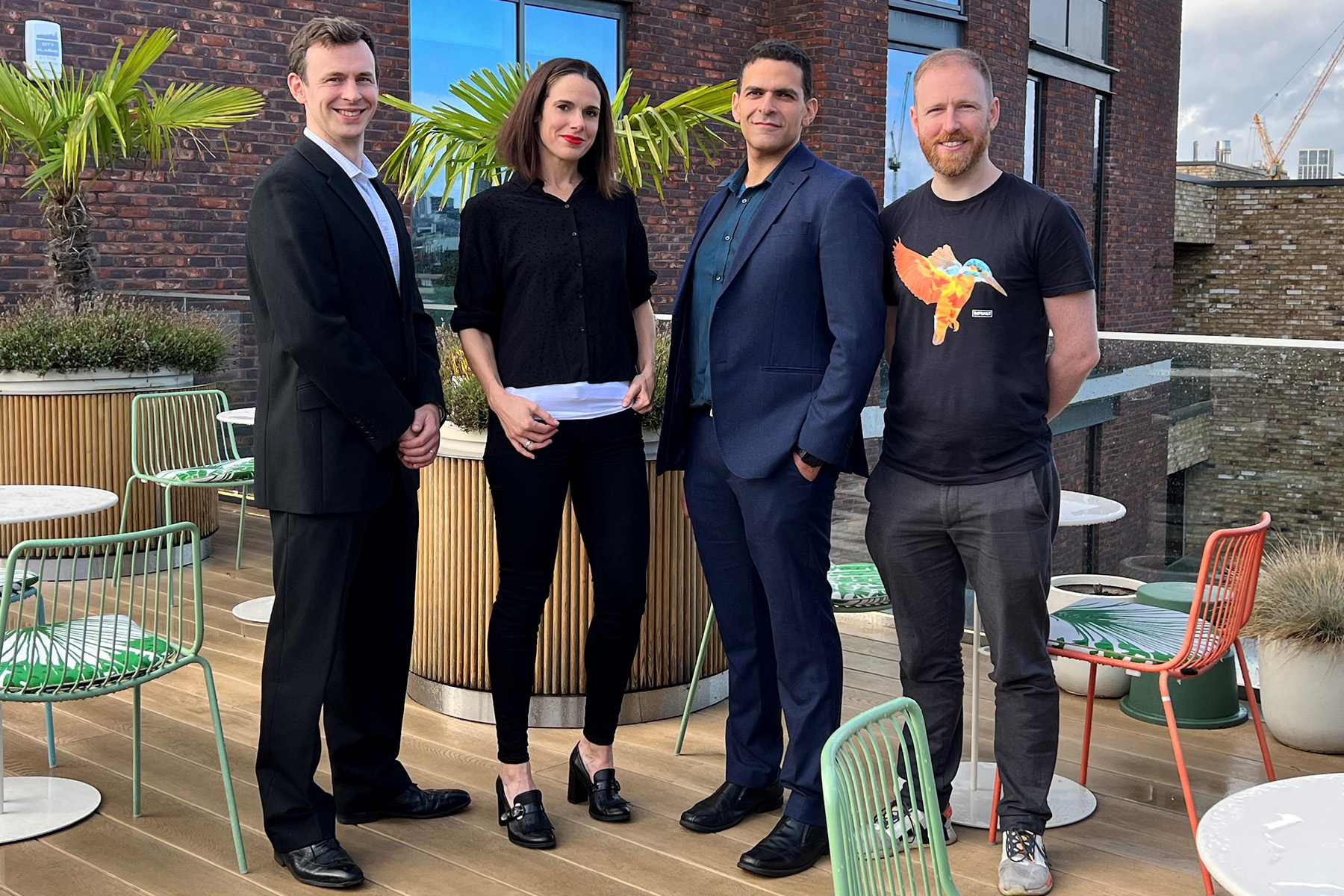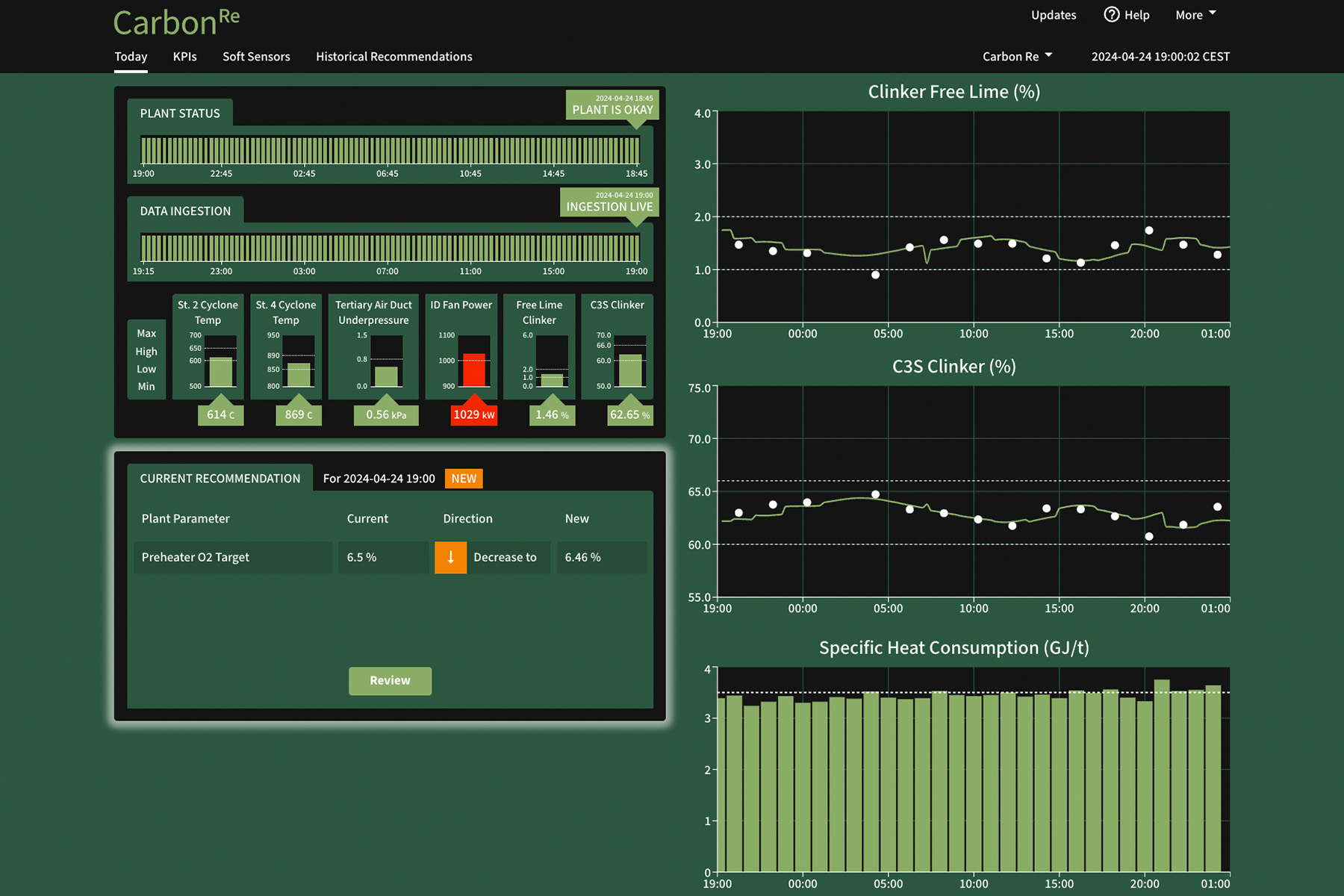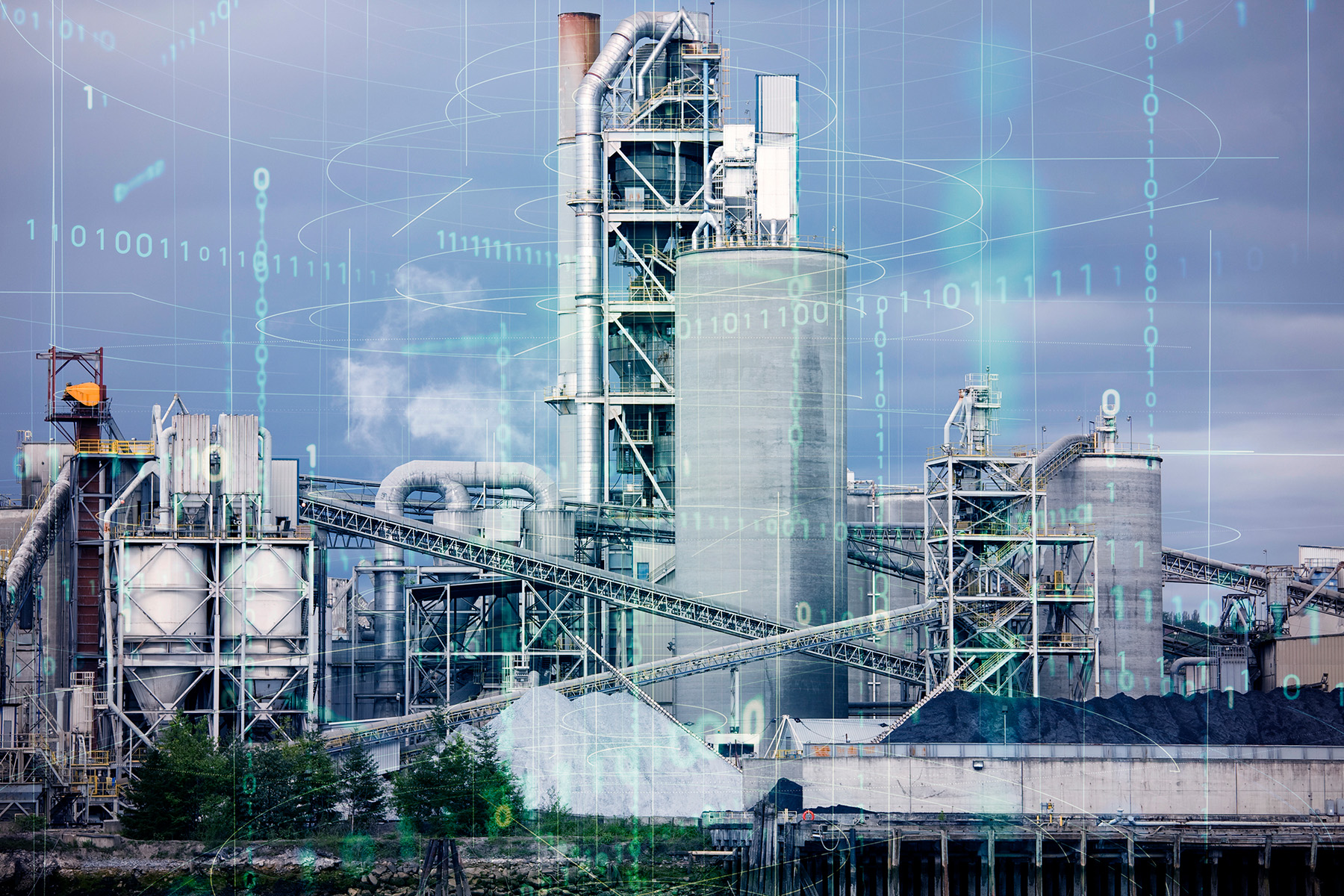Carbon Re, an industrial climate-tech company, uses artificial intelligence to decarbonise cement and other foundational materials, like steel and glass.
Energy-intensive industries, such as cement, steel, and glass, account for over 20% of global greenhouse gas emissions and are among the hardest sectors to decarbonise.
As industrial manufacturers switch fuels, invest in new infrastructure, and build CCUS facilities to transition to a net-zero world, they face a major challenge: outdated software. Manufacturers need a new software stack to cope with these industry shifts, and AI thrives in the environment these trends have created.
Carbon Re’s AI platform leverages the latest advances in machine learning to identify energy inefficiencies, cut costs, and reduce carbon emissions. This solution is already in use today, reducing emissions without requiring new equipment.
“Carbon Re is connecting the biggest challenge of our time, climate change, with the biggest opportunity, advances in AI.”

Transitioning today’s materials for a zero carbon future
Carbon Re combines world-class deep reinforcement learning – a field of artificial intelligence best suited to managing complex decision-making – and industrial sustainability expertise from the University of Cambridge’s Institute for Manufacturing and UCL’s Energy Institute. In 2021, Dr Daniel Summerbell, Buffy Price, Sherif Elsayed-Ali and Dr Aidan O’Sullivan founded Carbon Re with a mission to reduce global emissions at the gigatonne scale, starting with the cement industry.
Specifically designed for the cement pyroprocess, Carbon Re identifies optimisation opportunities in the production process and takes autonomous control of the plant to enact changes. The AI is continually retrained to match actual plant performance, negating the challenge of model drift.
Today, every installation of its software can save plants an average of 5% fuel-derived emissions per year. For an average 2MT plant, that equates to approximately 30,000 tCO2e per year. With 11 clinker-producing plants operating in the UK, Carbon Re could reduce UK CO2 emissions by over half a million tonnes annually.
Deployed in cement plants on three continents, Carbon Re’s pilots have already demonstrated the platform’s value to its customers, reducing costs and carbon emissions to otherwise unachievable levels.
“We have built a technology that directly reduces CO2 emissions today and is helping the industries that literally support our modern world – cement, steel, glass, transition to a net-zero future. Our mission is to have gigatonnes of impact, starting with kilotonnes of real-world reductions today. With each evolution of our product, we move closer to achieving that goal.”
Dr Daniel Summerbell

Carbon Re dashboard
Established in 2021 with support from a £1 million investment led by the Clean Growth Fund, the UK venture capital fund; the UCL Technology Fund and UCL Business Ltd’s Portico Ventures; the University of Cambridge Enterprise Fund, co-managed by Parkwalk Advisors; and Blue Impact Ventures, Carbon Re is the first university spinout to be jointly funded by both UCL and Cambridge.
In 2022, Carbon Re raised £4.2 million in seed funding to scale up the development and deployment of its novel technology. Planet A Ventures, a Berlin-based green tech venture capital firm, led the investment, with follow-on participation from Clean Growth Fund, UCL Technology Fund and Cambridge Enterprise.
Recently, Heidelberg Materials adopted the spinout’s technology to revolutionise kiln operations. Carbon Re’s AI technology, integrated with ABB Ability™ Expert Optimizer, has already led to significant improvements at Heidelberg Materials Česká republika Mokra plant. These include a 4.1% reduction in fuel costs, a 2% decrease in carbon emissions, and a 33% reduction in C3S variance.
Image Credits: Carbon Re




